Data Transfer Summit - Empowerment through Portability Speakers
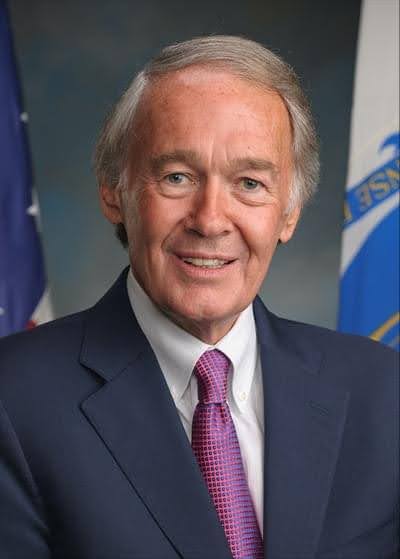
Senator Edward J. Markey
For more than 40 years, Senator Markey has served the Commonwealth of Massachusetts as a Congressman and U.S. Senator. He is a national leader and author of some of the most important laws in the areas of telecommunications policy and consumer protection, and he has an unmatched legislative record of achievement in safeguarding Americans’ privacy. He is a powerful and effective voice for ensuring the continued openness of the internet; advancing the interests of consumers by injecting competitiveness into electric, telecommunications and telephone markets; and protecting the privacy of personal information.
Senator Markey is a member of the Commerce, Science, and Transportation Committee, including the Subcommittees on Communication, Media, and Broadband; and Consumer Protection, Product Safety, and Data Security.
Senator Markey received his B.A. from Boston College and his J.D. from Boston College Law School. He served in the U.S. Army Reserve and two terms in the Massachusetts State House before being elected to Congress.

Chinmayi Sharma
Chinmayi Sharma is an Associate Professor at Fordham Law School. Her research and teaching focus on internet governance, platform accountability, cybersecurity, and computer crime/criminal procedure. Before joining academia, Chinmayi worked at Harris, Wiltshire & Grannis LLP, a telecommunications law firm in Washington, D.C., clerked for Chief Judge Michael F. Urbanski of the Western District of Virginia, and co-founded a software development company.
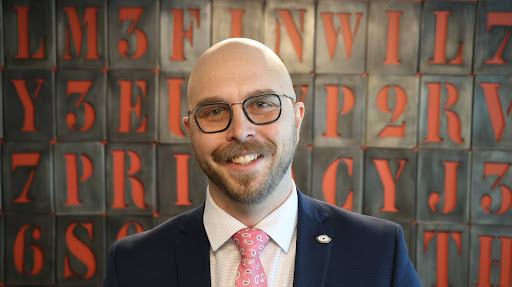
Cobun Zweifel-Keegan
Cobun Zweifel-Keegan is the Managing Director for Washington, D.C. of the International Association of Privacy Professionals (IAPP). Through this role, Cobun works to integrate the diverse voices of privacy professionals and AI governance professionals into the evolving tech policy conversation, engaging with business representatives, civil society, policymakers, and federal government stakeholders. As a privacy lawyer, Cobun writes and speaks frequently about the ongoing policy conversation around responsible data governance, with a special focus on the role of professionals and independent accountability mechanisms in the spread of privacy best practices.
Prior to his current role, Cobun advised independent mechanisms at BBB National Programs that bring accountability and transparency to business privacy practices through voluntary—but enforceable—frameworks like Privacy Shield and the Cross-Border Privacy Rules. Through this work, Cobun also facilitated the development of new programs to clarify best practices in emerging areas such as youth privacy and the use of AI systems in the employment context.
Cobun is a graduate of the University of Colorado School of Law and previously served at the IAPP as a Westin Research Fellow.

Angela Woodall
Angela Woodall is a visiting professor of communications and information science at CELSA-Sorbonne Université in France and a member of the interdisciplinary research group, GRIPIC. Angela studies the way communications technologies are implemented and governed in the European Union and the United States. In particular, she looks closely at how political ideas, needs, and interests influence the design and regulation of technology.Currently, her policy research is focused on risk management in international debates and the historical development of data protection and cybersecurity.
Angela holds a Ph.D. from Columbia University in Communications and an M.A. in Journalism and Public Affairs from American University in Washington, D.C. Her experience has spanned multiple roles including research scholar for Columbia’s Tow Center for Digital Journalism, Brown Institute for Media Innovation, and the School of International and Public Affairs research center for cyber threat intelligence.

Zeve Sanderson
Zeve Sanderson is the founding Executive Director of NYU’s Center for Social Media and Politics. His research, which uses computational and experimental methods to study the digital information environment, has been published in Nature, Journal of Experimental Political Science, Journal of Online Trust & Safety, and more. He speaks regularly to the media, civil society organizations, and tech companies. His writing has appeared in The Washington Post, Slate, The Hill, and Brookings, among other popular outlets. Outside of NYU, he consults for international NGOs supporting information integrity efforts.
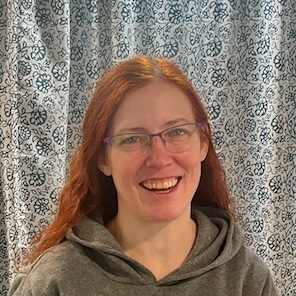
Lisa Dusseault
Lisa Dusseault is the CTO of the Data Transfer Initiative. Prior to joining DTI, she was the CTO and Co-Founder of Compaas, VP of Engineering at Klutch, and CTO at ShareTheVisit. She has also held technical roles at StubHub, Smule and Microsoft.
Along with product engineering work Lisa has also made contributions to Internet standards and interoperability. As an author she brought the CalDAV specification forward to become RFC 4791, and revised the WebDAV protocol document. She served as chair of IMAPEXT and XMPP working groups, and as Area Director of the Applications area of the IETF, where she helped shepherd standards like OAUTH and JSON in their early stages.

Mark Scott
Mark Scott is the Chief Technology Correspondent at POLITICO, writing about the global collision of technology and politics, and is the author of Digital Bridge, a weekly newsletter about trans-Atlantic digital policy and politics. Prior to joining POLITICO, Mark was the European Technology Correspondent for the New York Times where he covered the continent’s response to Silicon Valley’s tech giants.

Melinda Claybaugh
Melinda Claybaugh is a Director of Privacy Policy at Meta. She works to achieve Meta’s vision of globally-consistent privacy and data regulations that protect people’s data while enabling innovation—by driving advocacy on specific legislative proposals, while also helping design policy solutions for complicated or novel issues, including AI and immersive technology. She previously spent 12 years at the Federal Trade Commission, where she worked in the Division of Privacy and Identity Protection on enforcement actions related to consumer. Melinda later joined the FTC’s Office of International Affairs, where she specialized in international digital policy. She represented the United States in discussions at the OECD, the UN, and in APEC, where she helped design global frameworks to enhance consumer privacy protections and strengthen enforcement cooperation among data protection authorities.
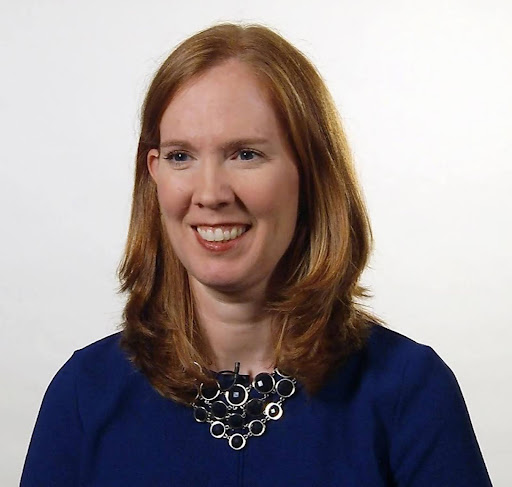
Kate Charlet
Kate Charlet works in Google’s Centers of Excellence as the Director for Data Governance, addressing issues related to privacy, information security, and government access. She was previously the inaugural director of the Technology and International Affairs Program at the Carnegie Endowment for International Peace. Prior to her role at Carnegie, she spent a decade as a civil servant in the U.S. government, including as the deputy assistant secretary of defense (acting) for cyber policy and as director for strategic planning at the White House National Security Council.
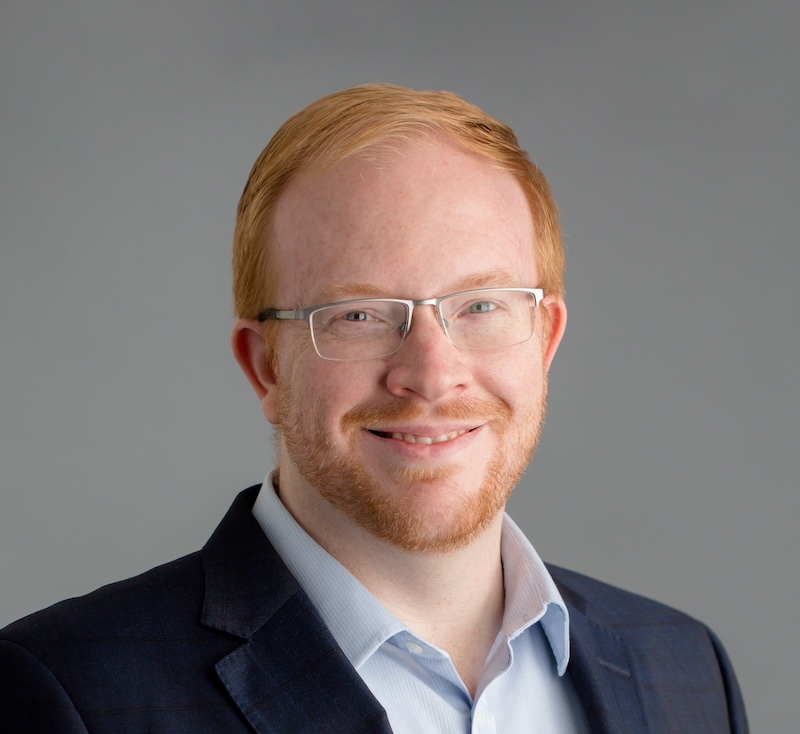
Chris Riley
Chris is the Executive Director of the Data Transfer Initiative. He comes from the R Street Institute, a Washington, DC-based think tank, prior to which he led the Mozilla Corporation’s global public policy efforts for several years. His open source roots go back even further to his time working on the internet freedom portfolio at the U.S. Department of State, where he supported open source security and anti-censorship tools dedicated to advancing human rights online. Chris received his B.S. in computer science from Wheeling Jesuit University, his Ph.D. in computer science from Johns Hopkins University and his J.D. from Yale Law School.
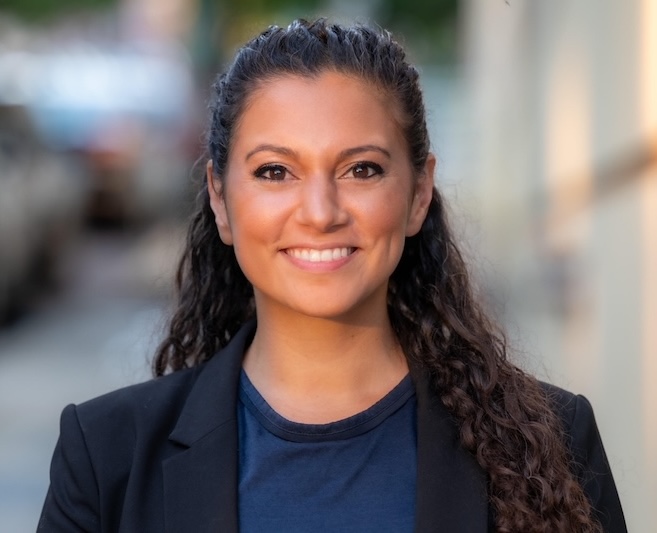
Delara Derakhshani
Delara Derakhshani is Director of Policy for the Data Transfer Initiative. Her prior roles include advising on privacy, e-commerce, and accessibility issues in Meta’s Reality Labs division, the Entertainment Software Association, and Consumer Reports. Delara has testified before Congress on privacy and technology and has appeared on several national media outlets — including NBC Nightly News, NPR, Fox Business, and HuffPost Live. She received her JD from the Catholic University of America’s Columbus School of Law and her BA in Cognitive Science from the University of Virginia.

Dr. Travis Hall
Dr. Travis Hall is the Acting Associate Administrator for the National Telecommunications and Information Administration’s Office of Policy and Development. In this role, oversees NTIA’s policy development on issues i ncluding Artificial Intelligence, privacy, cybersecurity, intellectual property, national security, and telecommunications.
Before joining the Department of Commerce in 2015, Travis taught at American University and was a research fellow at the Humboldt Institute for Internet and Society in Berlin, Germany. He received his PhD in Media, Culture, and Communications from New York University, and his MA in International Communications and BA in International Relations from American University.

Joseph Jerome
Joseph Jerome teaches communication law and technology ethics at the University of Tampa. He is a privacy attorney who previously served on the AR/VR policy team at Meta Reality Labs. Before that, he led state advocacy efforts at the Center for Democracy & Technology and Common Sense Media. He was also policy counsel at the Future of Privacy Forum and an associate in the privacy and cybersecurity practice at WilmerHale. He is a graduate of NYU Law, where he was an International Law & Human Rights Fellow.

Cornelia Kutterer
Managing Director @considerati + Adjunct Senior Research Fellow at the Multidisciplinary Institute of Artificial Intelligence (Chair of AI Regulation) University of Grenoble-Alpes
Cornelia Kutterer is the Managing Director of Considerati in Belgium, a boutique legal and PA consultancy, specialised in tech policy as well data protection and RAI services. She also serves as a Senior Research Fellow at the University of Grenoble, focusing on AI regulation. She is a board member of the IAPP AI Governance Centre, a member of the OECD’s AI expert group on risk management, and she advises Safer.AI, a non-for-profit focusing on AI risks. She is also a board member of the new EU-focused Centre of Digital Constitutionalism and Policy (DICOPO) and participates in various other projects related to AI and digital policies. Previously, she led Microsoft’s Responsible Tech and Competition team in EUrope, accumulating vast experience in tech policy areas. Kutterer, a qualified German lawyer, holds degrees from the University of Hamburg and the University of Strathclyde in Glasgow.
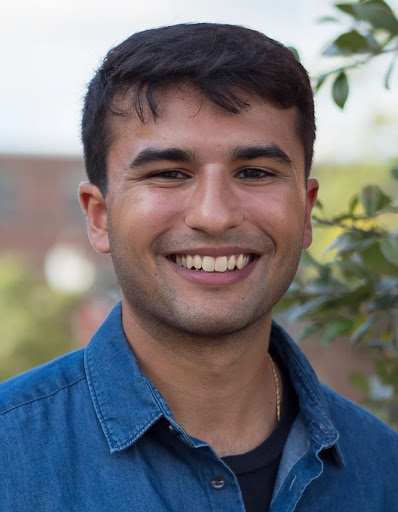
Chand Rajendra-Nicolucci
Chand Rajendra-Nicolucci is a research fellow and director of product at the Initiative for Digital Public Infrastructure at the University of Massachusetts Amherst. He is the author of A Field Guide to Social Media. His work has appeared in the Yale Journal of Law and Technology, Social Media + Society, and a number of other publications
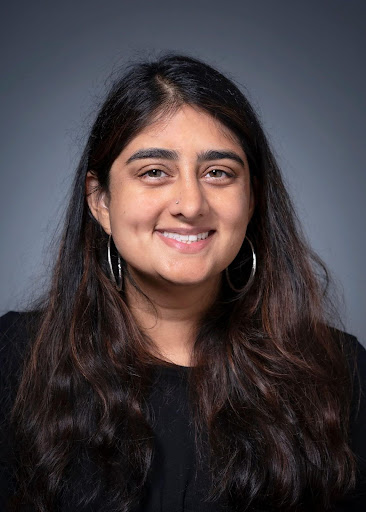
Sukhi Gulati-Gilbert
Sukhi Gulati-Gilbert is the Product Manager working on Permission Slip by Consumer Reports. Permission Slip is an app which helps consumers exercise their right to digital privacy and take control of their data. Previously, Sukhi researched privacy compliance at MIT’s Internet Policy Research Initiative. Before that, she worked on local news and public safety as a software engineer in industry

Molly Roberts
Molly Roberts is a member of The Washington Post’s editorial board. She covers everything from guns to education to legal affairs, but her focus from the start of her time at the paper has been technology and society.

Chris Lewis
Christopher Lewis is President and CEO at Public Knowledge. Prior to being elevated to President and CEO, Chris served as Public Knowledge’s Vice President from 2012 to 2019 where he led the organization’s day-to-day advocacy and political strategy on Capitol Hill and at government agencies. During that time he also served as a local elected official, serving two terms on the Alexandria City Public School Board. Chris serves on the Board of Directors for the Institute for Local Self Reliance and represents Public Knowledge on the Board of the Broadband Internet Technical Advisory Group (BITAG).
Before joining Public Knowledge, Chris worked in the Federal Communications Commission Office of Legislative Affairs, including as its Deputy Director. He is a former U.S. Senate staffer for the late Sen. Edward M. Kennedy and has over 18 years of political organizing and advocacy experience, including serving as Virginia State Director at GenerationEngage, and working as the North Carolina Field Director for Barack Obama’s 2008 Presidential Campaign and other roles throughout the campaign. Chris graduated from Harvard University with a Bachelors degree in Government and lives in Alexandria, VA where he continues to volunteer and advocate on local civic issues.

Alexandra Reeve Givens
Alexandra Reeve Givens is the CEO of the Center for Democracy & Technology, a nonpartisan, nonprofit organization that works to protect civil rights and civil liberties in the digital age. She is a frequent public commentator on ways to protect users’ online privacy and access to information, and to ensure emerging technologies advance human rights and democratic values.
At CDT, Alex leads an international team of lawyers and technologists shaping technology policy, governance and design. CDT advocates to policymakers and the courts in the U.S. and Europe, engages with companies to improve their policies and product designs, and shapes public opinion on major tech policy issues. Alex previously served in the United States Senate as chief counsel on the Senate Judiciary Committee covering innovation and consumer protection, as Executive Director of Georgetown’s Institute for Tech Law & Policy, and as a litigator in private practice.
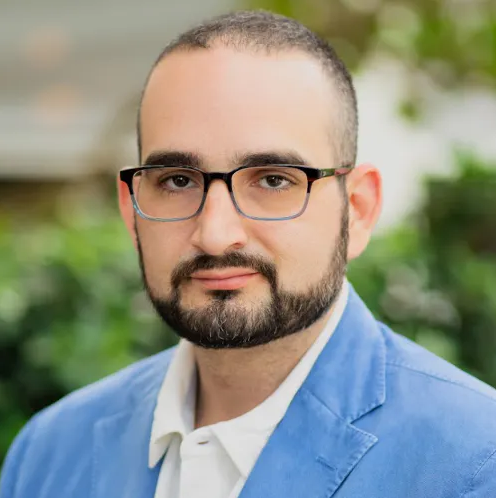
Zach Graves
Zach Graves is Executive Director at the Foundation for American Innovation. Previously he was head of policy at FAI, and managed the policy team. His research and writing focuses on the intersection of technology and governance issues, including work to strengthen science and technology expertise and capacity in Congress. Before joining FAI, he was director of the R Street Institute’s technology and innovation policy program. Prior to that, he worked at the Cato Institute as manager of new media. He is currently a fellow at the National Security Institute at George Mason University’s Antonin Scalia Law School. He is a member of the Polaris Council, a science and technology advisory board for the Government Accountability Office. He is also a contributing editor at American Purpose magazine. In addition, he is a board member of the Institute for Progress. He holds an MA in aesthetics and politics from the California Institute of the Arts, and a BA in philosophy from the University of California at Davis. Zach is married and lives in Washington, DC.
